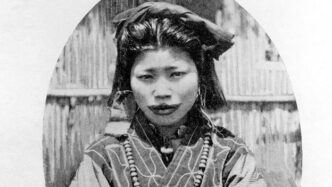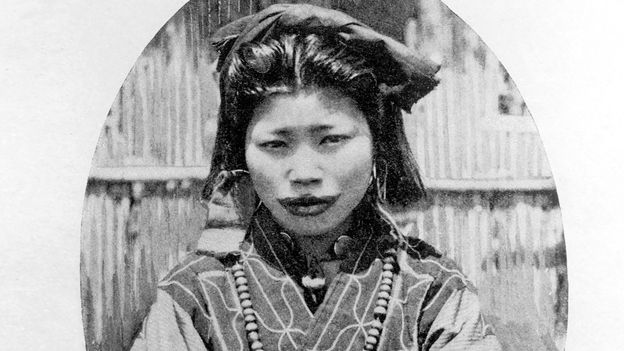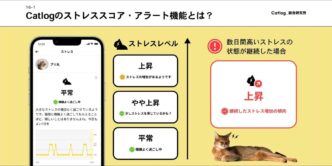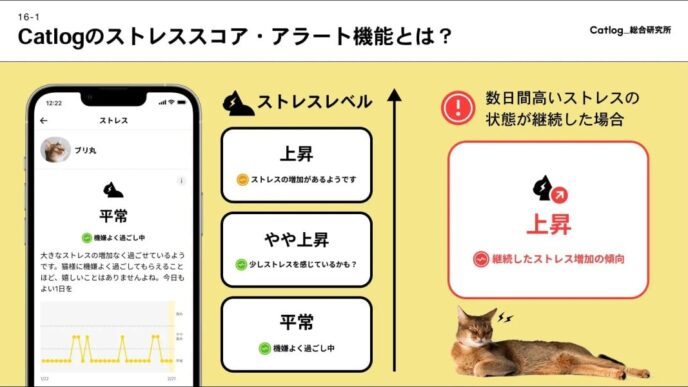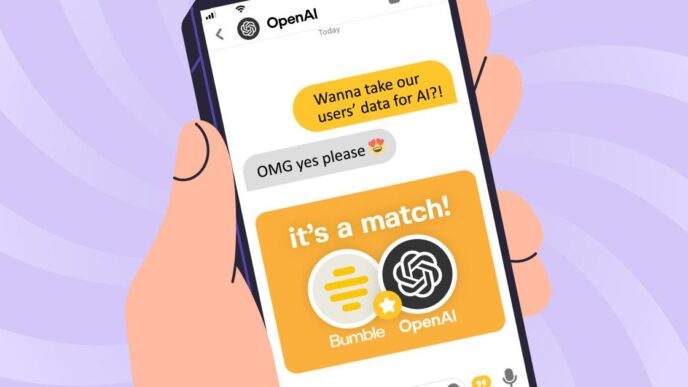AI is helping revive the almost lost Ainu language. Ancient tapes of Ainu stories are being fed into machine learning systems that can now recognize and even speak the language.
The Ainu people of northern Japan faced brutal colonization starting in the 19th century. Government bans crushed their language. By 1917, only a few hundred native speakers remained. Now UNESCO lists Ainu as “Critically Endangered.”
Enter Kyoto University professor Tatsuya Kawahara, who leads an AI project to digitize and transcribe roughly 300–400 hours of old Ainu recordings, mostly on fragile cassettes. The team bypassed usual AI data needs by using an end-to-end learning model that requires no prior linguistic rules.
They used about 40 hours of recordings from eight speakers, collected since the 1970s, including folk tales called uwepeker. The AI now can generate speech, mimicking voices from more than 10 hours of recorded speech. An eerily natural, elderly female voice “read” the 1958 story Raijin’s Sister to train actors at the Upopoy National Ainu Museum.
The AI’s accuracy is promising. It hits 85% word recognition and up to 95% phoneme recognition in some dialects. But some community members, including YouTuber and language advocate Maya Sekine, worry the AI might spread mispronunciations or mistakes.
Sekine:
"Ainu people have to have knowledge about the language, so they can understand what is fake.
I would say it’s more important to get and verify living data.”
Sekine’s father Kenji, an Ainu language teacher involved in the AI project, called it “a good thing.”
"It’s my life’s work. I want more people to learn.”
The project faces ethical concerns. Critics warn about data misuse and past exploitation of Ainu culture through tourism and media. McGill professor David Adelani stresses the need for community consent and involvement to avoid "selling data back" to the people.
"Researchers need to get consent, and then agree on how the data will be used."
Japan recognized the Ainu as Indigenous people only in 2019, but discrimination persists. New language tech could boost cultural pride and education, but critics say government efforts remain insufficient and risk perpetuating control.
The AI project also hopes to build avatars as virtual Ainu tutors and include younger dialects as they gather more data. Language evolves: Sekine’s father notes new Ainu words are still emerging, like imeru kampi for “email.”
"The language itself won’t be the same as in ancient times, but that’s okay," he said.
"Every language is living, lively – and changing."
The AI push isn’t just about tech; it’s about identity, survival, and respect for a culture long suppressed. The journey to bring Ainu back from near-extinction is speeding up—and AI is now part of the story.
